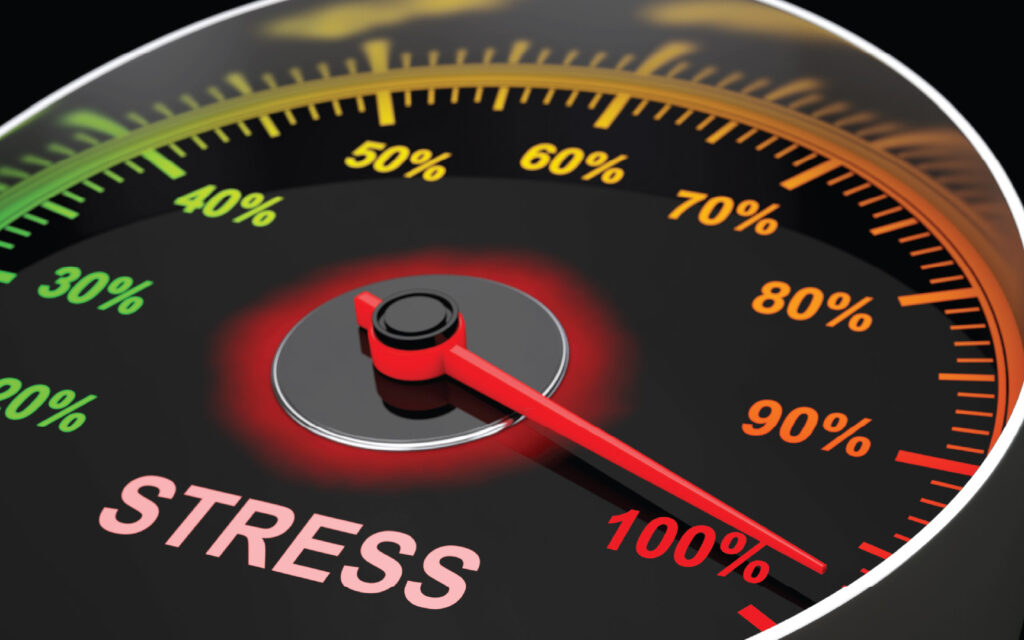Ever felt overwhelmed when things get tough? It might be because of a hormone called cortisol. This hormone helps your body deal with stress.
Cortisol is key in how we handle stress. It’s like a messenger in our body, helping us get through tough times. It works with our emotions and physical health.
Learning about cortisol is important for managing stress. It helps us stay healthy and balanced. Knowing how cortisol works can help us protect our health from stress.
Key Takeaways
- Cortisol is the body’s primary stress hormone
- Stress management involves understanding cortisol’s role
- High stress levels can negatively impact health
- Cortisol influences multiple body systems
- Lifestyle choices can help regulate stress hormone levels
Feeling stressed, drained, or like your body is pushing you down more than lifting you up?
Start today to reclaim energy, calm your mind, and restore balance.
The Science Behind Coritosal and Stress Response
Stress is a complex process that triggers a detailed response in our body. At the heart of this system is the hypothalamic-pituitary-adrenal axis. It’s a key network that helps us deal with tough situations.

When we face a stressful event, our body starts the fight-or-flight response. This survival mechanism gets us ready to face or flee from threats. The brain tells the adrenal glands to release glucocorticoid hormones, mainly cortisol.
How Coritosal Impacts Bodily Systems
Cortisol affects many body systems at once. It controls metabolism, manages blood sugar, and reduces inflammation. This hormone acts as a natural alarm, keeping our body balanced during stress.
The Biological Stress Response Mechanism
Our stress response is for short-term survival. Cortisol boosts glucose in the blood, helps the brain use glucose, and increases repair substances. This ensures we can react fast to dangers.
Key Functions in Human Physiology
Cortisol does more than just manage stress. It helps regulate sleep, supports the immune system, and manages energy. Knowing how it works can help us handle stress better.
Identifying Signs of Elevated Stress Hormones

Knowing the signs of high cortisol levels is key to staying healthy. These signs can show up in many ways, both physical and emotional. Spotting them early can help you improve your health.
Weight gain, mainly around the belly, is a common sign. It happens even if you’re eating the same and exercising as before. This could mean your body is dealing with too much stress.
Feeling moody, anxious, or easily irritated are emotional signs. Sleep disruptions are also important. Trouble sleeping or waking up often can mean your cortisol levels are too high.
Stress can also make you feel physically weak, give you headaches, or tense your muscles. You might crave sweets more, have skin issues, or find it hard to focus. These signs show your body is under too much stress and might be out of balance.
Spotting these signs early lets you make changes to reduce stress. Talking to a healthcare professional can help you find ways to manage stress and balance your hormones.
What if each morning brought you brighter skin, steadier moods, and strength that carries you through the day with confidence?
Discover how taking control of stress can change everything now.
Natural Ways to Balance Coritosal Levels
Keeping cortisol levels in check is key for a healthy life and less stress. Our body’s stress response affects our well-being. So, finding ways to manage cortisol is vital.
Lifestyle Modifications for Hormone Balance
Having a daily routine helps keep stress at bay. Make sure to manage your time well and set clear work-life boundaries. Getting 7-9 hours of sleep each night helps balance hormones and control cortisol.
Dietary Approaches to Stress Management
What we eat greatly affects our cortisol levels. Eat foods high in omega-3 fatty acids like fatty fish, walnuts, and flaxseeds. Avoid too much caffeine and sugar, as they can raise stress hormones. Instead, choose dark chocolate, green tea, and fruits for natural stress relief.
Exercise and Physical Activity Benefits
Exercise is a strong ally against stress hormones. Activities like yoga, walking, and swimming can lower cortisol. Try to do 30 minutes of exercise most days. Strength training and gentle workouts also help reduce stress and support a healthy lifestyle.
The Impact of Sleep on Hormone Regulation
Learning about sleep and cortisol shows us how our body handles stress. The sleep-wake cycle is key in controlling hormone levels, like cortisol. This hormone follows a natural cycle during the day.
When we sleep well, cortisol levels go down. This lets our body rest and heal. But, bad sleep can mess with this balance. Not getting enough sleep can make cortisol go up, leading to stress and tiredness.
The circadian rhythm is like an internal clock that controls cortisol. Keeping a regular sleep schedule helps keep this rhythm. Experts say we should sleep 7-9 hours a night for healthy cortisol.
Not sleeping enough makes cortisol go up, causing health problems. Long-term sleep issues can weaken our immune system and affect our metabolism. By focusing on sleep, we can improve our health and balance our hormones.
Stress Management Techniques and Daily Practices
Managing stress is key for good health and happiness. Stress relief techniques help us face daily challenges better. By adding mindfulness and relaxation to your day, you can lessen stress’s harm.
Meditation and Mindfulness Methods
Mindfulness is a strong tool against stress. Simple meditation can calm your mind and lower cortisol. Begin with 5-10 minutes a day, focusing on your breath and now.
Guided meditation apps are great for starting a meditation habit.
Breathing Exercises for Immediate Relief
Quick breathing exercises can ease stress fast. The 4-7-8 method works well. Breathe in for 4 seconds, hold for 7, then breathe out for 8.
This method triggers your body’s calm response and cuts anxiety.
Creating a Stress-Reduction Routine
Make a stress plan that suits you. Mix meditation, deep breathing, light exercise, and regular sleep. Being consistent is important for stress control.
Keep a journal to see your progress and find what stresses you most.
When to Seek Professional Help for Stress Management
Knowing when to get help for stress is key to staying healthy. Sometimes, trying to manage stress on your own isn’t enough. If you’re always tired, gaining or losing weight without reason, or feeling anxious a lot, it might be time to see a doctor.
Stress counseling is vital when everyday tasks start to feel too hard. Mental health experts can teach you how to deal with stress. They’ll figure out what stresses you out the most and help you find ways to cope.
Hormone tests are important for finding out if stress is affecting your health. Doctors can check your cortisol levels and look for any hormonal problems. This helps them see if your stress response is normal or if you need treatment.
It’s a good idea to see a professional if you have:
- Constant trouble sleeping
- Big mood swings
- Long-lasting physical issues
- Struggling to keep up with daily tasks
Getting help from healthcare experts can offer a lot of support. They can help with stress counseling, medical treatments, and more. They’ll tailor their help to fit your specific needs.
Conclusion
Understanding cortisol balance is key to good health, not just a trend. It helps us manage stress and keep our hormones in check. By using the tips from this article, you can change how your body handles stress.
Managing cortisol levels takes effort and regular practice. Simple changes like exercise, meditation, eating right, and sleeping well can help a lot. Every small step makes your body stronger and more balanced.
Your stress management plan should fit you perfectly. There’s no one-size-fits-all solution, but knowing your body’s signals helps. By listening to your body and using healthy ways to cope, you can improve your hormone health and life quality.
It’s not about avoiding stress, but learning to deal with it better. With practice and patience, you can improve your relationship with stress. This leads to a healthier, more balanced life.





